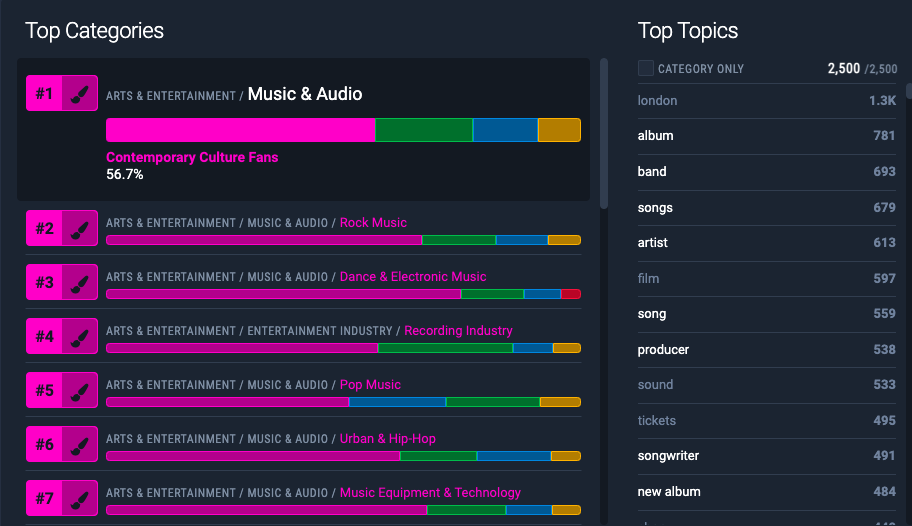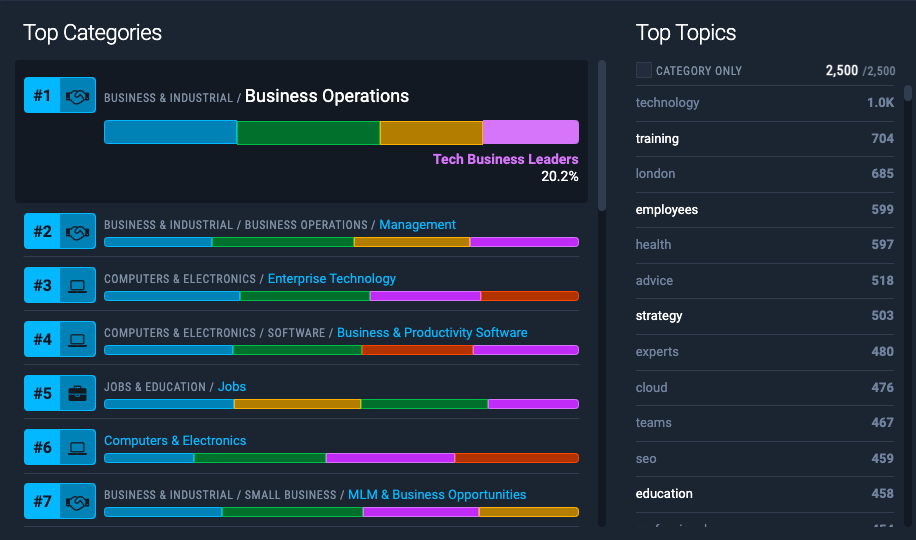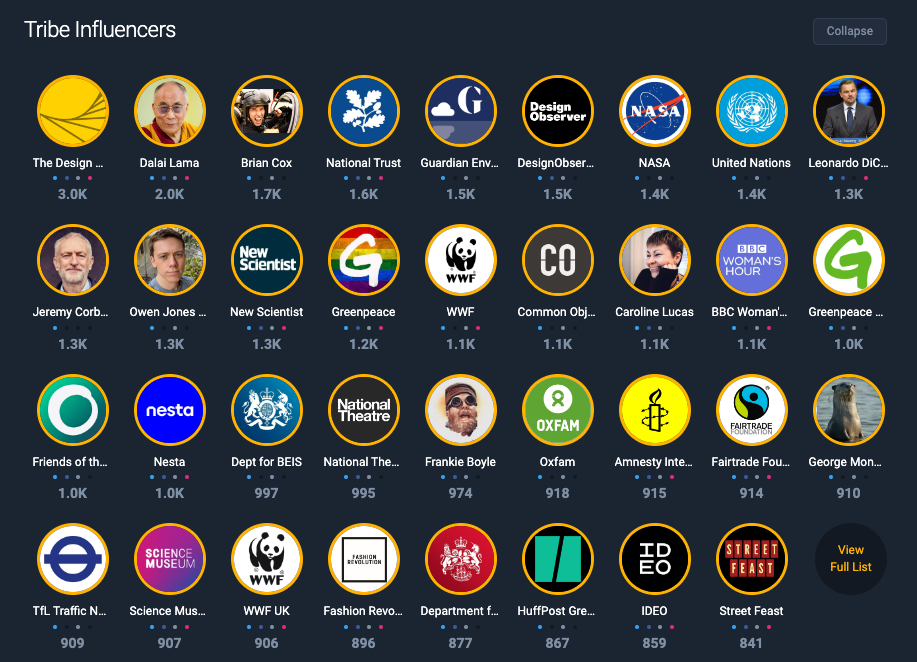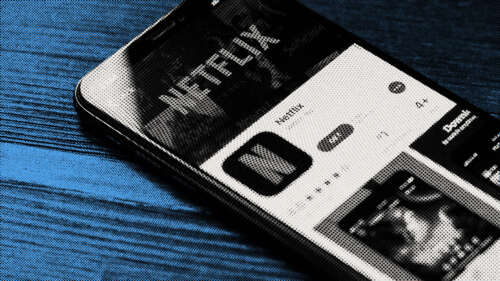Luxury fashion brands are some of the oldest in the world. French fashion house Hermès, for example, is turning 185 years old this year, making it the world’s oldest luxury brand still in operation today. Whilst stature and notability have previously afforded these brands a level of comfort in evolving consumer markets and economic downturns; fast forward to today, in a world defined by social media and digitalisation, the acceleration of change amongst the luxury consumer presents a new age of challenges and opportunities for brands. By remaining open to modernisation yet unwaveringly true to their brand, industry leaders like Gucci are cashing in with revenue growth rates of 15% year on year for H1 2022.
To help brands understand the Modern Affluent consumer, a new age group of deep-pocketed buyers with broad interests, Fifty segmented the audience behind multiple luxury brands across fashion & accessories, travel, food & drink and auto to provide a holistic overview of the individual's highly engaged with Luxury products.
Here are some of our key takeaways:
Don’t neglect the mainstream
Long-established tropes of wealthy individuals conjure images of an elite, insular community; one characterised by high-brow pursuits such as visual & performing arts, and sports such as motor racing or polo. These narratives suggest that the interests of high net worth (HNW) individuals would be far removed from ‘popular’ culture.
On the contrary, our analysis revealed that the emerging class of HNW individuals are far more connected to contemporary culture than stereotypes may suggest. For example, Hip-Hop and Dance Music are far more influential over the study group in terms of engagement than Classical and Opera music. The same trend is visible in sports, with football and basketball gaining popularity over typically traditional wealthier sports like golf and motor racing.
Similarly, the Contemporary Culture tribe, defined by its engagement with the modern music and entertainment industries, was three times larger than the High Brow Culture tribe, one which is more closely linked, to theatre and classic music.
Gucci is a prime example of a brand that has embedded itself within this Contemporary Culture community through sponsorship of pop music artists. Through avant-garde collections curated to specifically support stars, such as Billie Eilish and Harry Styles, in their explorations of music, gender, society and identity Gucci’s work has become a vehicle for exploration, placing them at the forefront of modern culture. Gucci’s influence over music is displayed in the 22,705 songs that contain the word “Gucci” in the lyrics.

Embrace digitalisation
Technology and innovation were by far the largest interests across our analysis, with Modern Affluents clearly immersed in technology both as a profession, but also as a passion and lifestyle choice. Technology's ever-increasing authority over society's current trajectory can no longer be ignored by these luxury brands, many of whom existed before the internet. The Metaverse, Cryptocurrencies, NFTs, online retail, and social media to name a few, are key areas of interest for this group.
Brands established for offline life in an increasingly online world have to adapt to stay relevant within these communities, those who don’t will miss out. An example of fashion meeting technology is Gucci Town, an immersive augmented reality experience hosted on Roblox in the Metaverse. A space where users can connect with like-minded individuals,
try on virtual clothing and partake in interactive learning experiences, games, and challenges related to Gucci’s latest products. An early adopter of the Metaverse, not only does this new digital world add another revenue stream for Gucci, but it also allows them to build brand affinity and awareness amongst the booming digital generations.

Sustainability is key
Our study also revealed more progressive and liberal values than traditional perceptions might suggest. There is genuine care for sustainability and social responsibility. The Modern Affluent are engaged with organisations such as Greenpeace, the Fairtrade Foundation, the United Nations and WWF. The fact that 'the luxury second-hand market is growing four times faster than primary luxury markets, at 12% per year versus 3%’ only supports this. Brands must take control of their presence in this market, creating and promoting their own platforms to recirculate pre-loved fashion.

Conclusion
In order to stay relevant, brands will need to consistently work to encapsulate the broader meaning of ‘luxury’ and focus exploration beyond the confines of their traditional audience. Gucci exemplifies the wide-reaching benefits of a modern approach to luxury. By collaborating with more mainstream brands and embracing the digital world, Gucci has simultaneously grown their brand reputation amongst younger generations, and democratised luxury for a wider audience.
Ultimately, the Modern Affluent consumer is diverse, technologically, demographically and in terms of their interests. To engage with these individuals, especially during such turbulent times, luxury brands need to seek out innovative partnership strategies, adopt sustainable practices and find their niche within the digital world - all whilst using personalised, targeted messaging that resonates with them.
To understand how your audience is evolving in the digital world, and how to activate them get in touch with our Sales Team at [email protected], or book a demo with us directly.





































